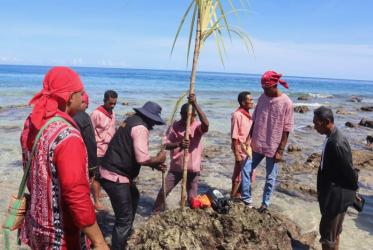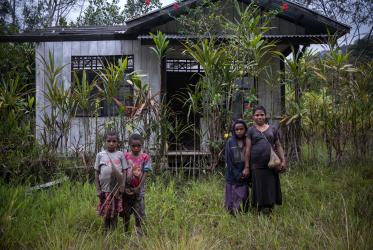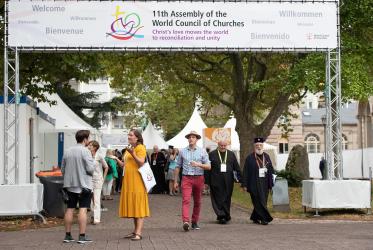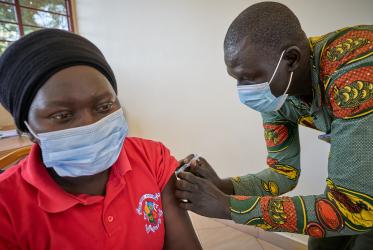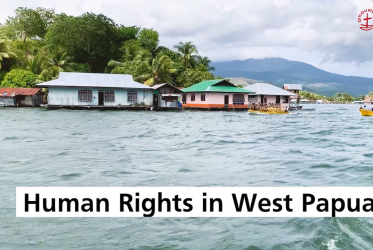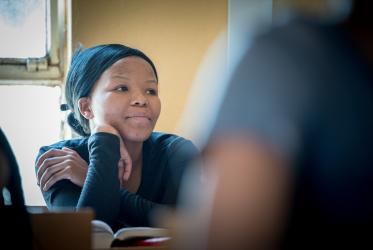Displaying 1 - 15 of 15
Ecumenism in the Philippines means hope and resilience
22 August 2023
Unity is key when health crisis poses new challenges in Asia
28 February 2022
WCC video interview describes human rights crisis in West Papua
13 January 2022
African Churches mark International Women’s Day
09 March 2021
